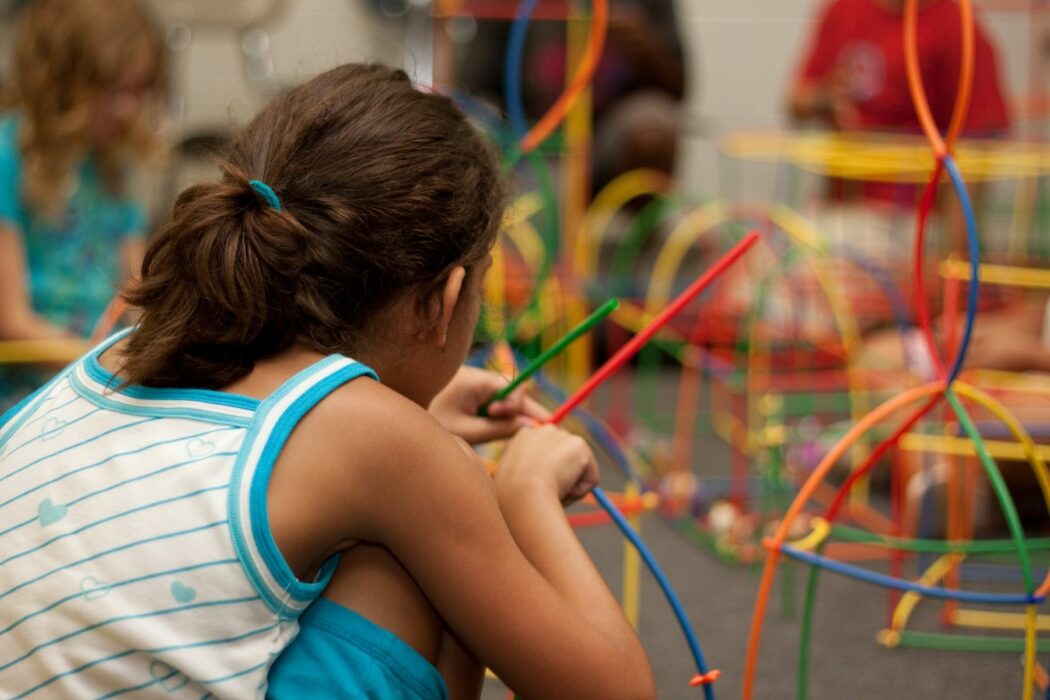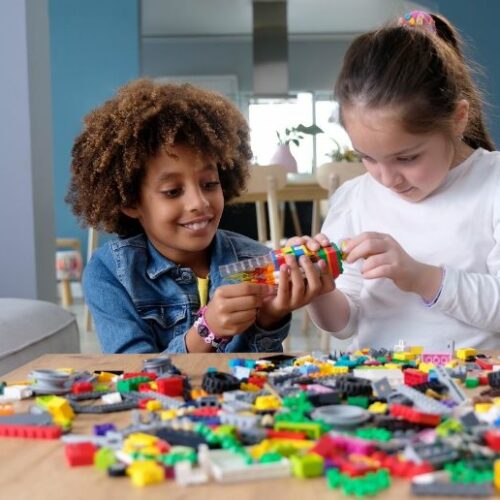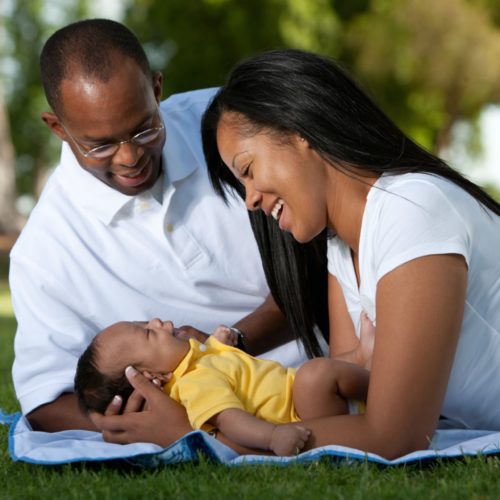Encouraging your child’s personal growth
Do you want to raise a child who is self-confident, competent, resilient and able to stay true to themselves? Here are some ways to support your child’s success in these areas.

A child’s personal growth has always been one of the most fundamental aspects and challenges of parenting. With many children affected and at home due to the pandemic, it has never been more important for parents to find ways to boost their children’s development and wellbeing. So how can parents nurture their children’s authenticity, hone their values and strengthen their confidence?
SUPPORTING YOUR CHILD’S GROWTH
Praise your child’s achievements
Show them you see and are proud of their accomplishments. Be positive about their growth and progress.
Instil respect of others in your child
Talk to your child about other people’s perspectives. This can include respect around race, religion, age, feelings, academic or sporting ability levels and other differences among people. Underline how these differences widen our ways of thinking and help us to understand people better – which is a valuable life skill for their future success.
Be respectful of your child’s privacy
As children get older they start to develop a sense of personal privacy – don’t invade it in any way that breaks their trust. Do not hover or micromanage your older children, just be on hand, with an open spirit of communication to support them in whatever they need.
Truly listen
Always listen with the intention of actually hearing and understanding what your children have to say, or may be struggling to say. Make sure to think of your child’s feelings and concerns, particularly during turbulent, uncertain or changing times, like the pandemic. Make sure they know you are available to answer their questions, give advice, support and guidance. Be resourceful and seek further advice if needs be, including from your child’s teacher or school counsellor, or your family doctor if necessary.
Dealing with conflicts & dilemmas
Set the example of how to solve problems by always using a calm tone of voice and calm disposition. Make a conscious effort to really listen to what your child is saying and what they want to communicate. Calmly ask them questions to help you understand more – but let them know you are asking questions to help you understand their point of view, and not to make them feel they have to justify themselves, to upset them, or to be argumentative.
If you feel the atmosphere is getting tense, point this out to your child and suggest you have a cold drink to talk over the hot topic! Always try to understand and acknowledge what your child is trying to communicate, even if you don’t agree!
Create balance
Children find it hard juggling the multiple demands on their time and energy. They need a structure that ensures they have enough time to rest, play, unwind, exercise, and just be children.
Make your expectations very clear
Children can’t follow your rules if they don’t understand what they are. Tailor your expectations to your child’s age, abilities, strengths and challenges. For example, you can ask a tween or teenager to not chew food with their mouth open, but you cannot expect this of a toddler. Respond to your children’s ongoing and changing needs, interests and concerns.
Foster independent thinking
The ability for your child to think things through is central to their personal growth. Reflection plays a big part in this and leads to more finely tuned intelligence, as well as emotional and character development.
Give realistic feedback
If your child misbehaves, ensure they understand the consequences of their behaviour for themselves and others. For example, if they hit their sibling, tell them that it hurt their little brother and ask your child to say sorry, and hug and make up. As a parent, you need to set the example of the appropriate ways of behaving. This means not shouting, not hitting, not humiliating anyone, being calm, being kind and saying sorry when necessary, to model and teach your child these things. Never be critical to your child, as children are not emotionally equipped or mature enough to be helped by criticism, so make sure your feedback is constructive and not harmful.
Teaching ‘healthy resilience’ vs ‘harmful resilience’
Resilience helps us cope with any and all of life’s challenges and uncertainties. Encouraging ‘healthy resilience’ means actively supporting your child in overcoming their hurdles. On the other hand, there was a time when some parents used to harshly discipline their children, in the misguided belief they were building resilience. In those old days, this included physical punishment, testing stamina in a cruel way, scaring or shouting at children for doing things the parents thought wrong – without realising that these abhorrent behaviours do not help children in any way.
Thankfully, this was in the dark days before society had a widespread understanding of how harmful to a child’s personal growth, mental health, emotional wellbeing such things are.
Encourage independence
Independence gives children a chance to expand their intellectual, social, emotional and physical comfort zones – and this is the essence of personal growth! Of course, independence comes in many forms and the level to which you encourage it depends on the age and stage of your child. For example, “encouraging independence” might mean letting your 15-month old baby try to feed themselves with the spoon or letting your teenager decide whether they want to hang out with the family on a Saturday afternoon, or visit their friends.
Create opportunities for personal growth
Children can and should engage in initiatives that foster their growth, such as creative problem-solving, goal-setting, entrepreneurship, relationship-building, mentorships and volunteering. Create opportunities for this where possible.
Encourage curiosity
Impart an appreciation in your child for curiosity, discovery, the arts, books, a flexible approach and a consistent work ethic. These are central to developing their intelligence, engagement and creative expression.
FINALLY…
Have faith in your child’s capabilities. Confidence grows when children feel respected, connected and able. You are in a great position to foster these feelings while developing your child’s abilities and confidence to face both current and future challenges.












Comments